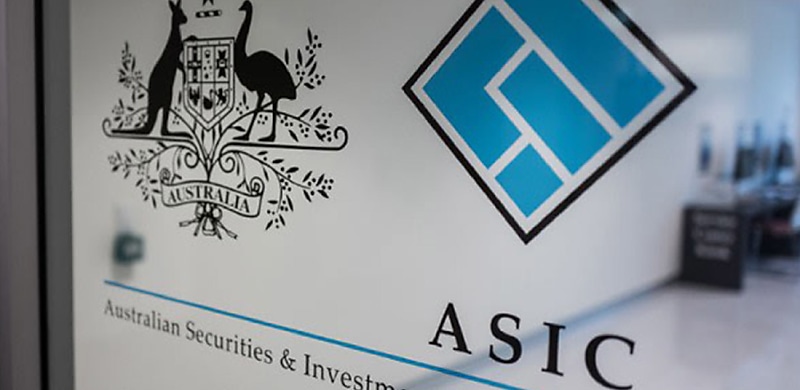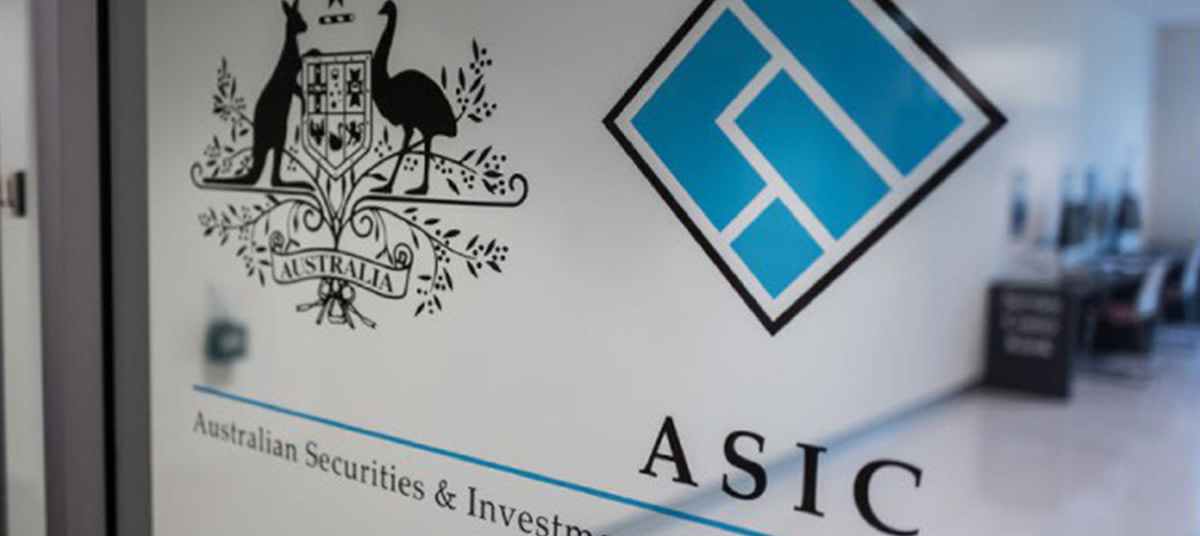
A small amount credit provider is being sued by the regulator for unconscionable debt recovery practices and unfair contract terms.
The Australian Securities and Investments Commission (ASIC) has initiated Federal Court proceedings against short-term credit provider Venture 5 Group Pty Ltd, trading as CashnGo Australia.
CashnGo is an online credit provider offering small amount credit contracts of up to $2,000 (over 12-month loan terms) and medium amount credit contracts between $2,001 and $5,000 (over 24-month loan terms).
In the concise statement filed to the Federal Court on Monday (30 June), ASIC alleges that the online credit provider has engaged in unconscionable debt recovery practices, has employed unfair contract terms, and has failed to issue compliant direct debit default notices to 67,545 consumers.
The regulator has asserted that CashnGo’s alleged practices have been systemic and unconscionable, causing financial hardship to many customers.
What are the allegations?
The alleged unconscionable debt recovery practices and unfair contract terms occurred between 20 April 2022 and 7 May 2025.
ASIC’s concise statement has highlighted that during the specified period, CashnGo had 227,148 small amount credit contracts outstanding. Of these, approximately 20 per cent (affecting 34,833 consumers) experienced an unscheduled debit after a default, which allegedly left their bank accounts with minimal funds. During this time, CashnGo generated a total revenue of $77 million.
The regulator further contends that CashnGo’s standard form contracts included unfair terms, specifically referred to as the Default Term, Authority Terms, Indemnity Terms, and Limitation of Liability Terms. These terms have allegedly allowed CashnGo to make repeated unscheduled withdrawals, gain extensive access to consumers’ bank account information, and disclaim liability for various issues, including misuse of login credentials.
Meanwhile, the failure to provide compliant default notices was alleged to have taken place between 11 March 2021 and 7 June 2023.
ASIC is also alleging that CashnGo’s online loan application process required consumers to either provide their internet banking login details or connect their bank account to a third-party provider using the Consumer Data Right. It suggested this allowed CashnGo to monitor consumers’ bank balances hourly. If a consumer had defaulted on a payment, CashnGo allegedly made unscheduled debits from their account as soon as funds became available, often leaving them with less than $5.
ASIC claims that CashnGo has known or should have foreseen that this practice would lead to consumers losing financial control, lacking funds for living expenses, or experiencing hardship.
ASIC also asserts that CashnGo has failed to issue proper default notices, impacting consumers across 67,545 small amount credit contracts. While emails were sent, they were not found to have contained all the information required by section 87(1) of the Credit Code, which would have informed consumers of their rights and obligations upon default.
Furthermore, ASIC alleges that CashnGo’s handling of financial hardship cases was inadequate. Instead of formal hardship processes, CashnGo reportedly negotiated repayment rescheduling, often imposing an additional monthly fee of 4 per cent of the loan amount for each month the repayment period has been extended, according to the concise statement.
Should ASIC succeed, the court may issue declarations that CashnGo has engaged in unconscionable conduct and has used unfair contract terms, may impose pecuniary penalties, and may restrain CashnGo from continuing the alleged unscheduled withdrawals practice.
The court may also order CashnGo to publish a notice on its website acknowledging the contraventions and the penalty imposed.
ASIC said its action aligns with its ongoing commitment to target misconduct that poses a high risk of significant consumer harm, particularly to financially vulnerable individuals.
Speaking on Monday, ASIC deputy chair Sarah Court commented: “ASIC is committed to preventing and deterring this kind of conduct among credit providers, which in this case we allege is systemic and unconscionable.”
This legal action has followed ASIC’s successful Federal Court case last year against Cigno Australia and BSF Solutions, which involved similar concerns regarding short-term loans and excessive fees charged to over 100,000 consumers.
[Related: Federal Court rules in favour of ASIC against payday lenders]

